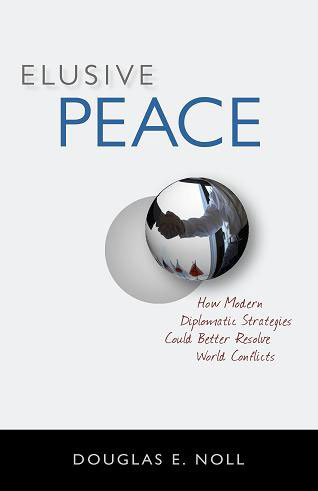Negotiation is a skill that must be learned. Most people never get beyond the simple quid pro exchange of essentially, “I’ll scratch your back if you scratch mine.” However, sophisticated negotiation requires much more than simple exchange. A lot of people forsake negotiation training. I think this is due to a number of myths around negotiators.
So, let’s look at these myths and dispel them. The first myth is that negotiation is only about the money. Sometimes negotiation is about the money, but many times negotiation is about anything but the money. In fact, the money simply becomes a symbol for much deeper underlying needs and issues that must be resolved. Another myth around mediation says that negotiation means getting the best deal for me or my client. Often times, the best outcome is not going to be the best deal for me or my client. It can be making sure that everybody gets a good deal out of negotiation. Sure, there are times when negotiation can become very competitive. However great negotiators find that if they can make a deal that satisfies everybody as reasonably as possible, then they really done a great job. Negotiators that are purely selfish find that they reach impasse and suboptimal deals quite frequently. The third myth is that negotiation is simple, or the opposite, that negotiation is hard. Actually negotiation is not a simple nor is it hard. There is a lot to understand about the theory and practice of negotiation, but it is not a simple process of simply exchanging dollar numbers in a distributive auction.Nor is it an arcane, difficult to understand, highly sophisticated practice that only experienced negotiators can successfully engage in. There is also a myth that negotiation follows a predictable pathway and that only simple steps need to be followed. The truth is that negotiation is not always a predictable path. It is true that in some broad frameworks of distributive negotiation certain steps follow one after another. However, learning how to negotiate by formula or recipe will lead to disaster. As you study negotiation, you earn about the nuances of negotiation practice and understand that it is not a linear process at all. It is iterative, elicitive, and reflective. Some people are thought to be born negotiators. Think about this one a moment. Even used-car salesman have to go through extensive training to learn how to sell cars. So negotiators are not born, they are made. The good news is that you do not have to wait 20 or 30 years to become a masterful negotiator. Another myth is that wicked and evil people make better negotiators.Actually, if you look around the Middle East in the last two years, you can see that leaders like Sadaam Hussein, Moammar Ghaddaffi, and Hosni Mubarak who have committed crimes against humanity turned out to be very poor negotiators. Most people mistake the fact that people in a position of power may often appear to have a better BATNA. BATNA means “best alternative to a negotiated agreement.” Some people believe that negotiation is a failure if you do not gain anything at the end of the day. Well, if you are a defense lawyer, you will never gain anything in negotiation. Often times a good negotiation outcome is defined by how risk is managed by the parties and their lawyers. In addition, there are many negotiations where there is no gain, but there is a restoration of relationship a rebalancing of power, a reconciliation of injustice, and a righting of moral wrongs. Knowing about these myths can help you overcome the idea that sophisticated negotiation is a skill to be learned and mastered, not an arcane art left only to the very experienced professional.
Remember, the best way to win the game is to call it yourself.
Better still, change the game completely.
Mediator, Author, and
California Lawyer 2012 Attorney of the Year
for Pro Bono Service
Creator of Negotiation Mastery for the Legal Pro –
A new online course in cutting-edge legal negotiation
legalpronegotiator.com




